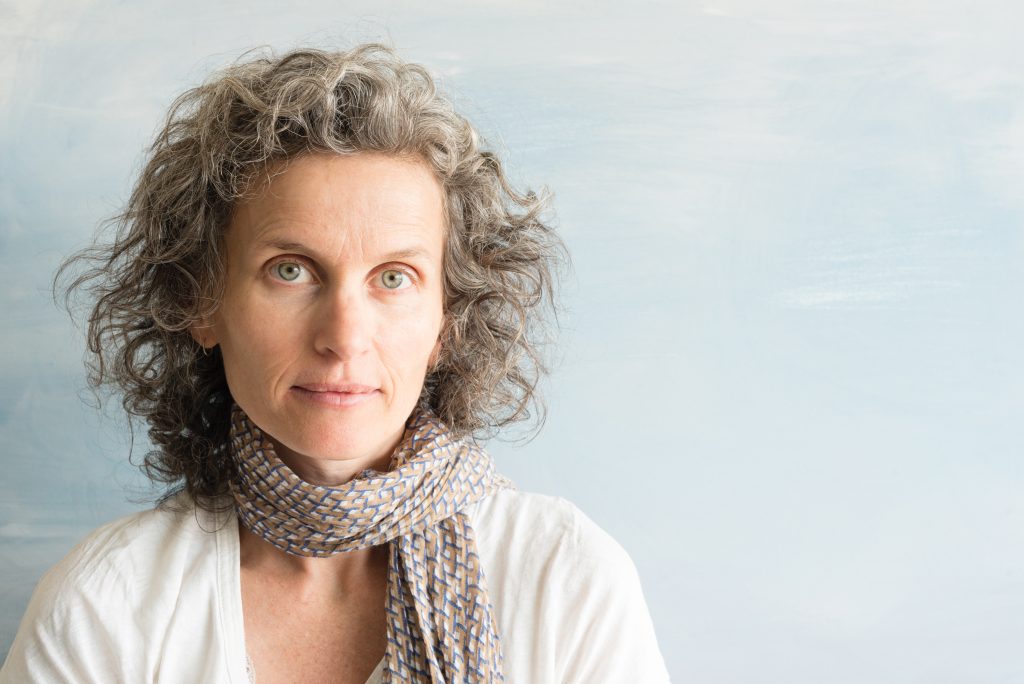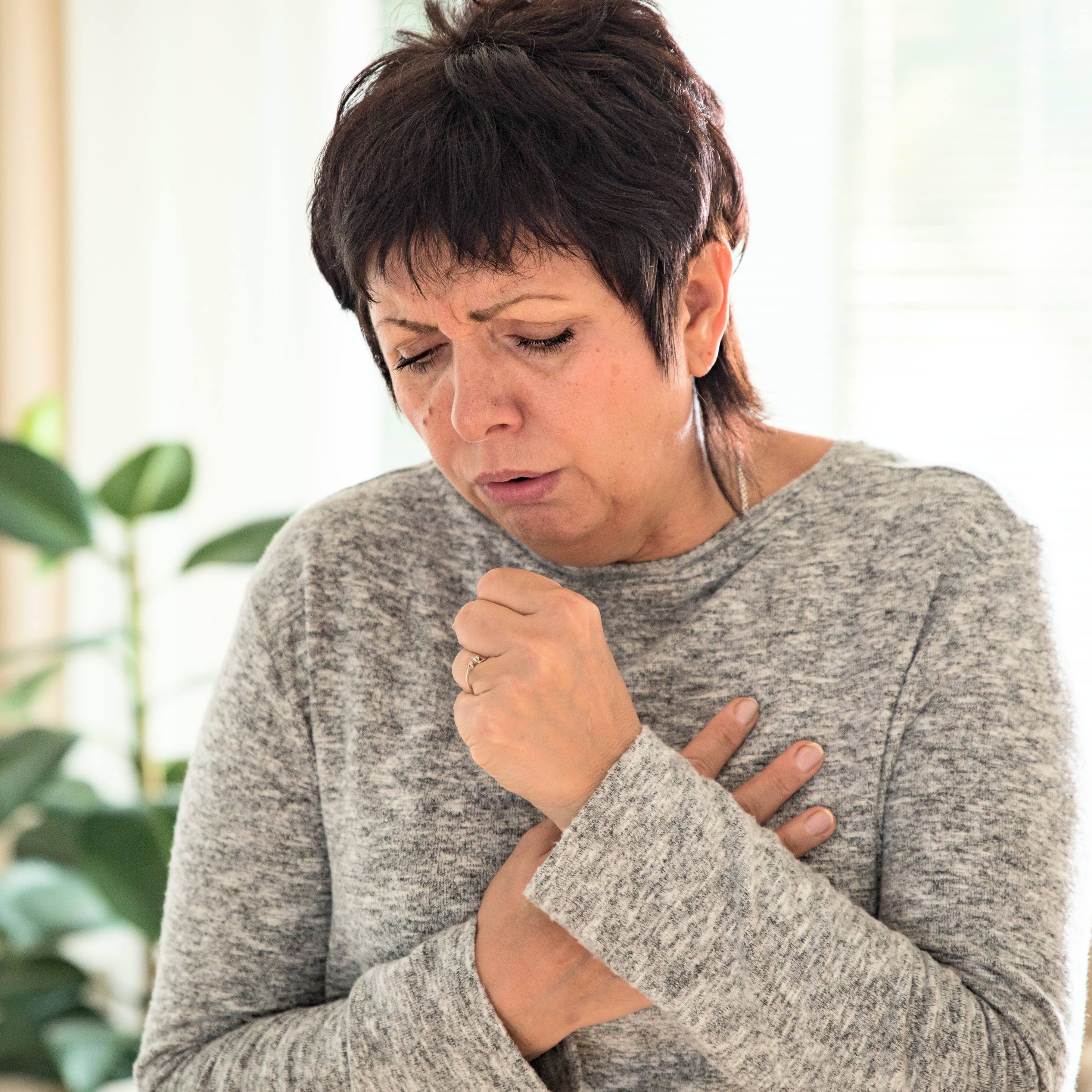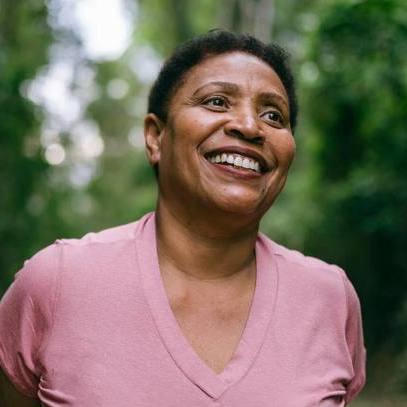-
Mayo Clinic Q & A
Mayo Clinic Q and A: How early should I be screened for lung cancer?

DEAR MAYO CLINIC: I am 62 and recently had a physical. My doctor suggested that I should be screened for lung cancer. I used to smoke a pack of cigarettes a day but quit about a decade ago. I've not had any problems, so I'm wondering if this is necessary. What does screening involve?
ANSWER: More than 600,000 people die annually from cancer in the U.S. Lung cancer remains the leading cause, accounting for about 25% of all deaths. More people die in the U.S. each year from lung cancer than from colon, breast and prostate cancer combined.
Well-conducted and reputable studies have shown, however, that a properly organized screening program can reduce the number of people who die from lung cancer by 20%.
Screening programs are used to find lung cancer at an early stage when it is more likely to be successfully treated. In general, screening is recommended for people at higher risk of developing lung cancer. That often includes people like you who smoked heavily at some point in their lives.
One research study performed in the U.S., called the National Lung Screening Trial, found that three specific segments of the population benefit the most from screening. The first group includes people who have previously had lung cancer. The second group is people who smoked a pack of cigarettes per day or more for 30 years or longer.
The third group includes people who smoked a pack a day or more for 20 years or longer and who also have another factor that raises their risk of lung cancer. Those factors may include a family history of lung cancer, having emphysema or another lung disorder, having undergone radiation treatment, or a previous cancer diagnosis in another part of the body.
One important component of a lung cancer screening program involves a radiology test of the lungs called low-dose CT. Getting a CT scan of the lungs involves a medical appointment that lasts about an hour, although the scan itself usually takes less than five minutes.
A low-dose CT scan is a painless procedure, similar to getting an X-ray. The detailed images of the lungs and surrounding structures created during the scan are generated by a computer and reviewed by a radiologist, which is a doctor who specializes in diagnosing conditions with imaging tests.
Using CT scans to screen for lung cancer is important because these scans can reveal lung cancers long before they cause symptoms or show up on a chest X-ray. A CT scan can spot cancers as small as a grain of rice. The importance of finding cancer early is significant because survival after lung cancer treatment is directly related to the stage at which the cancer is first found.
When lung cancer is identified at an early stage with a screening CT scan, the cancer often can be cured with surgery. In addition, treatment for early stage lung cancer usually can be performed using minimally invasive techniques, which allows patients to recover more quickly and return to their usual activities sooner than they would with more invasive surgical approaches.
It is important to know that lung cancer screening, when done correctly, is more than just an imaging exam of your lungs. Rather, proper cancer screening is an integrated multidisciplinary program that includes an initial individualized risk assessment to determine if participating in a screening protocol would benefit you.
A reputable screening program should include proper analysis and have structured plans to address anything that is identified on the CT scan, since not every spot found in the lung is cancerous. Having an expert evaluation of the radiology images in the context of the individual patient is important, too, along with ensuring that an overview of the findings is shared and explained to the patient. Following the review, next steps may include additional tests, a plan for future testing or discussion of treatment options. For many patients, the plan may simply come down to an annual chest CT.
Quitting smoking was an excellent decision — perhaps the best health care decision you will make in your life. Stopping smoking dramatically lowers the risk for many health problems and increases overall health and well-being. Getting screened for lung cancer simply reinforces that decision by continuing to protect your health now and into the future. — Dr. Stephen Cassivi, Thoracic Surgery, Mayo Clinic, Rochester, Minnesota
****************************
Related Articles
- Consumer Health: What is lung cancer screening, and who needs it? published 7/28/22
- Why lung cancer screening is important, especially for minorities published 5/10/21







